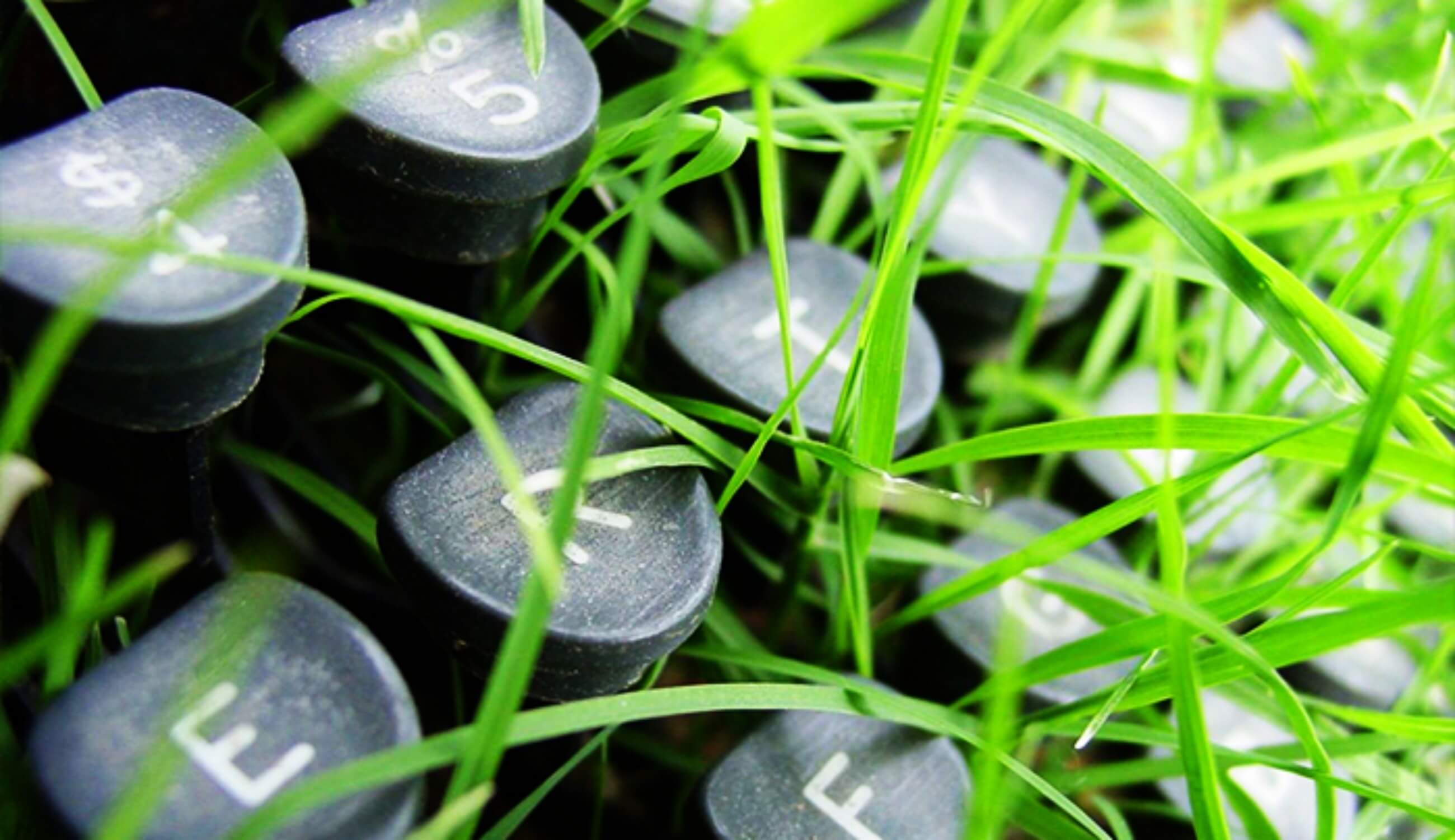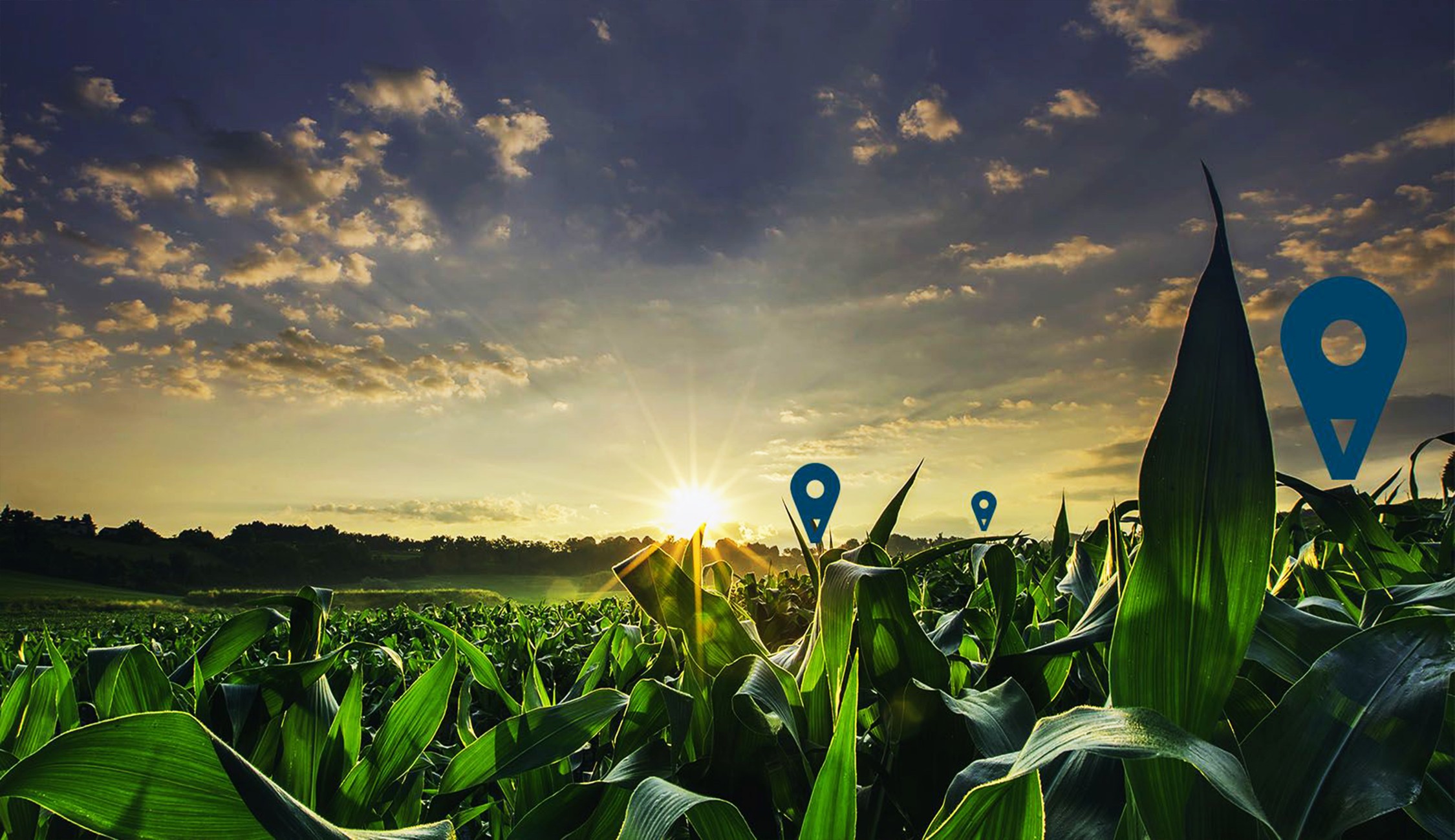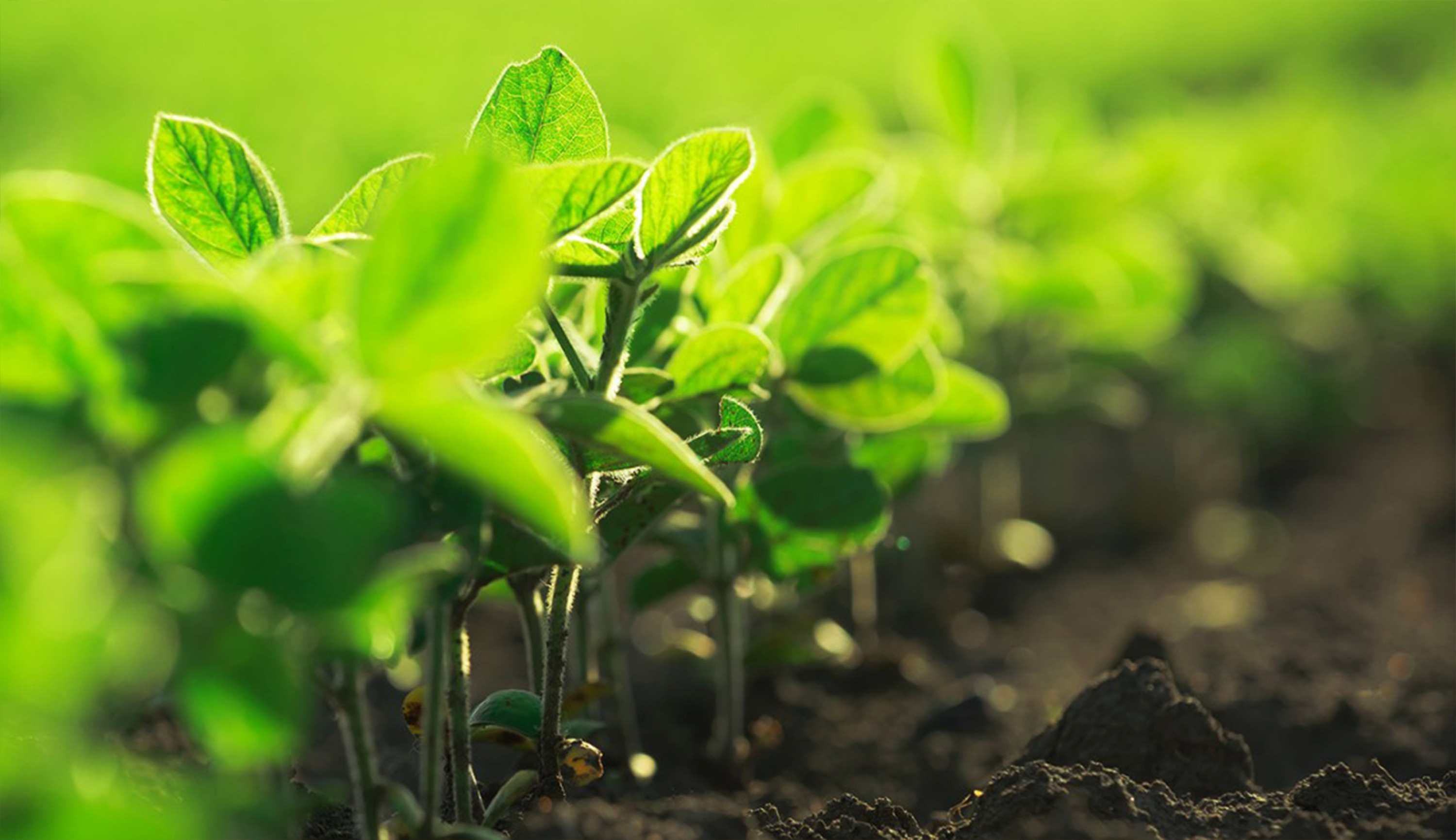Man's life cycle will not be possible if agriculture is not aligned with modern technology as a food chain always starts from a plant. Therefore, the support of other sectors for the survival of agriculture is a vital discipline. In that case, the role of information technology has proved to be a game-changer in modern agriculture.
When it comes to the leading technologies used in agriculture to improve the efficiency in different fields to secure the increased food demand, Artificial Intelligence (AI) and the Internet of Things (IoT) are giving excellent benefits in the farming sector.
Productivity can be increased via the incorporation of IT in most agriculture areas. For example, IT ensures whether farmers access the correct information regarding the latest varieties, new crop production techniques, improved agronomic practices to produce high yields from the prevailing varieties, and the changing weather patterns. For example, now it doesn’t take years to learn about the new updates about the practices of every corner of the world if the farmer is limited to a rural area in an undeveloped country. They can access all the information through IT while improving and adjusting their farming skills up to date.

On the other hand, subsequently, good crop farming practices are assisted with technology, and most farmers get many crop yields after harvesting. However, a few months later, they incurred losses due to poor storage. This does not happen in developed countries as they have suitable storage structures. Information technology has allowed farmers to learn about the latest post- harvest handling and storage techniques used in other countries. This helps in reducing the losses due to wastage.
Data regarding crops, animals, or any other farm activity can be engendered and stored in a much more accessible manner. These activities, such as irrigation or spraying, can be carried out even in the farmer’s absence. Thus, it makes service delivery very effective.
The way monitoring and evaluation is carried out has been changed with mobile technology. The apps compatible with smartphones and tablets can collect real-time data and update the field teams.
Livestock can be tracked using ‘livestock tracking tags’ equipped with RFID. This can help track cattle on a daily basis and can also be used for health monitoring and keeping a database of the health history of each animal. Additionally, during crop shipments, especially certified organic crops, this technology helps cut down on counterfeiting/ impure food shipments through its security tagging.
When it comes to big data analytics and smart farming, even small farmers can gather data from various sources, which helps them with decision-making that will lead to lower costs and increase yields. As an important application, water sensors can be used to plan future crops and water usage which has become a particular help in drought-prone areas.
 Posted on 30 May 2022 - Author (Madhurya Bandara)
Posted on 30 May 2022 - Author (Madhurya Bandara) 
.jpg)

